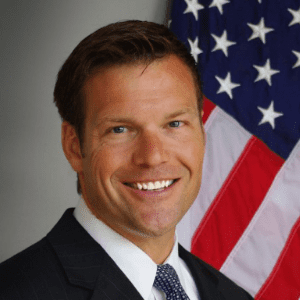Sign up for weekly new releases, exclusive access to live debates, and Open to Debate’s educational newsletters.
- Debates
Features
Topics
Upcoming debates
-
-
-
We are excited to announce the second debate in The Hopkins Forum, a partnership between Open to Debate and Johns Hopkins University’s Stavros Niarchos Foundation (SNF) Agora Institute. Join us in Baltimore for a live debate that will explore the high-stakes U.S.-China AI arms race, examining whether U.S. chip controls can secure an American advantage in artificial intelligence.
Debater Panel (In Formation):
- Jake Sullivan, National Security Advisor to President Biden (2021-2025)
- Lindsay Gorman, Managing Director and Senior Fellow of the German Marshall Fund’s Technology Program; Venture Scientist at Deep Science Ventures
- Additional debaters TBA
Date & Time: Wednesday, May 14, 2025 at 6:00 PM | Doors open at 5:30 PM
Reserve your seat to witness a critical conversation on global AI competition.Wednesday, May 14, 2025
-
- Insights
- About
-

SUPPORT OPEN-MINDED DEBATE
Help us bring debate to communities and classrooms across the nation.
Donate
- Header Bottom






















JOIN THE CONVERSATION